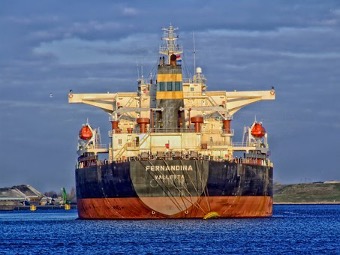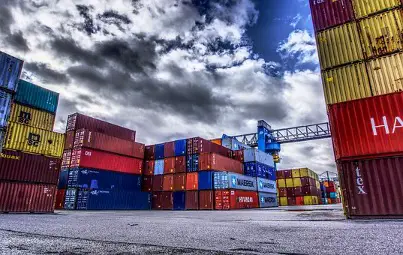If you are in the market for shipping services, you may have come across the terms “international freight forwarding” and “domestic freight forwarding.” But what do these terms mean? And which service is right for your business? This blog post discusses the difference between international and domestic freight forwarding to helping you decide which service is right for you.

Domestic freight forwarding
Domestic freight forwarding is the transportation of goods within the same country. Domestic freight forwarding services typically include shipping, customs clearance, and logistics management for cargo moving around the nation. This type of freight service often involves a series of transfers from one carrier to another and may involve multiple modes of transport, such as air, truck, or rail. The cheapest way to forward freight domestically is often through intermodal shipping, combining two or more transportation modes to reduce cost. For instance, a company may use a combination of rail and truck to transport goods from one point to another. Rail transport is generally less expensive than truck transport and therefore helps to reduce the cost of domestic freight forwarding.
International freight forwarding
International freight forwarding is the transportation of goods between two different countries. It often involves multiple modes of transport, customs declaration, paperwork processing, and other logistics concerns. International freight forwarders usually handle all the details associated with exporting and importing goods, such as obtaining necessary permits and arranging for the transportation of goods. International freight forwarding costs are typically higher than domestic freight forwarding due to additional paperwork and customs fees. On average, you may need to spend between $2,000 and $3,000 for international freight forwarding services. This covers the cost of paperwork processing, customs clearance, and transportation.
Tips for choosing the right freight forwarder
Whether you are shipping domestically or internationally, selecting the right freight forwarder that can handle your specific needs is crucial. A reputable company with experience in the industry will be able to advise you on the best way to move your goods quickly and efficiently. Before selecting a freight forwarder, ask them about their services, fees, and overall experience. This information can help you decide which provider is right for your company’s shipping needs.
Another factor you need to consider is the reputation of the freight forwarder. Check online reviews and ask other businesses in your industry to see who they recommend. Reputable companies should have a proven track record of successful shipments and satisfied customers. The price you pay for their services may be a bit higher because of their experience, but it will be worth the investment in the long run.
Ultimately, the type of freight service you need depends on your shipping requirements and budget. Once you have selected the right freight forwarder, they will take care of all the shipping details. They will guide the most efficient route and mode of transport while ensuring that your cargo is delivered safely and on time.

By understanding the difference between international and domestic freight forwarding, you can make an informed decision when selecting a freight forwarder for your business. With the right provider, you can be sure that your goods will be shipped safely and securely.





